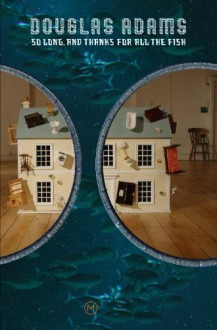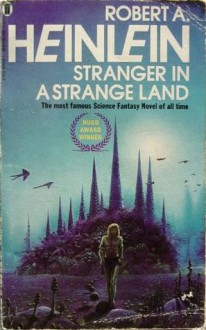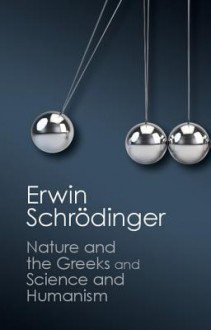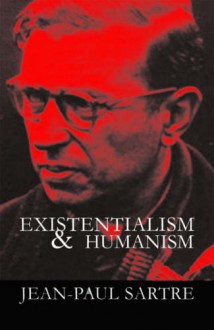
When I first read this book I loved it namely because I happened to be a hopeless romantic and our protagonist, Arthur Dent, finally gets a girlfriend. Well, finally is probably not the best way to describe it because Adams does raise the possibility that Arthur may have had a relationship with Trillian (and when the question is metaphorically asked the reply is basically 'none of your business'), and also suggests that there is a rather long gap between books two and three where we end with Arthur together with a Gulgafringan and then beginning again years later with Arthur by himself in a cave (having discovered that all the Gulgafringans has died off, just because).
Anyway, more time has passed since the end of book three and the beginning of book four and we once again meet up with Arthur, who happens to be standing in the rain at the side of the road on a planet that looks remarkably like Earth, and in fact happens to be Earth. Okay, there are a couple of minor differences, though I would hardly call not having been blown up by the Vogon Constructor Fleet as being a minor difference (though Arthur's house still standing, in the grand scheme of things, is). However there is also the fact that the dolphins have still vanished, and everybody happens to have a fish bowl with the inscription 'so long and thanks for all the fish' upon it.
The thing about this particular book is that it is more of a romance than the other books in the series, which sort of gives it a different feel. The other thing is that for a bulk of the book the story is set not only on Earth, but both Arthur and Ford are going their separate ways – it isn't until we get close to the end that the two once again come together, but it is only for a short while as Arthur and his girlfriend (Fenchurch, so called because she was conceived in the ticket line at Fenchurch Street station, though my only experience of Fenchurch Street station is having a meal at a pub underneath it) head off to try and find God's final message to humanity (or the Universe to be precise).
It also goes back into the old style where there is little to no plot and the main characters just seem to stumble around trying to work out what is going on, only to discover that the answer that they were looking for, in this case God's final message, is a piece of absurdity. Actually, there is sort of a plot, but not in the same sense that Life, The Universe, and Everything had a plot. Rather it involves the main characters continuing their search for meaning, and when they finally discover this meaning, as I mentioned, and as is the case in the other books, the answer that they were looking for turns out to be absurd. In a way it even seems as if God's message to the world is not so much an answer to the reason why we are here, namely because there doesn't seem to be any real reason at all, at least in Adam's mind.
In a way I guess this is where our secular society is heading, even though many people in the Western realms still seem to consider themselves connected to some form of religion. Mind you, when you head out of the cities you do tend to discover a much more religious, and conservative, culture, but that has a lot to do with the country being very conservative, and new ideas filter in much more slowly (if ever). In a way, with their religious outlook, people in the country still seem to have a sense of purpose, a sense of belonging, and a sense of identity. However, once you head into the cities, and into the realms of the intellectuals, this traditional purpose and reasoning suddenly seems to get thrown out the door. In a way it is this rejection of religion that leads to these rather absurd views of the universe, and meaningless understanding of life.
However, we aren't necessarily the first, or only, people in the history of the world because many other civilisations, particularly those who eventually freed themselves of the tyranny of a king, because in a such a system the purpose and meaning of life is to serve the king, but then one wonders whether the king, who seems to exist in this world to be served, would eventually suffer an existentialist crisis. I'm not sure, particularly is the king never really gave it that much thought – it is only the intellectuals that would start thinking along those lines since most of the kings would probably just be incredibly self-absorbed.
As for this book, well it is much shorter, and a lot different, than the other entries in this series, and while I may have gushed over Arthur's romance when I was younger, these days it is a lot different as I am somewhat (or a lot) over that hopeless romantic streak that I used to have. As for the story, it is okay, and the message is interesting, but in the end the first two were much, much better (and this one was quite a lot less funnier as well). Oh, and the fact that Arthur, and to an extent Fenchurch, can fly really doesn't appeal to me all that much.

 Log in with Facebook
Log in with Facebook 









